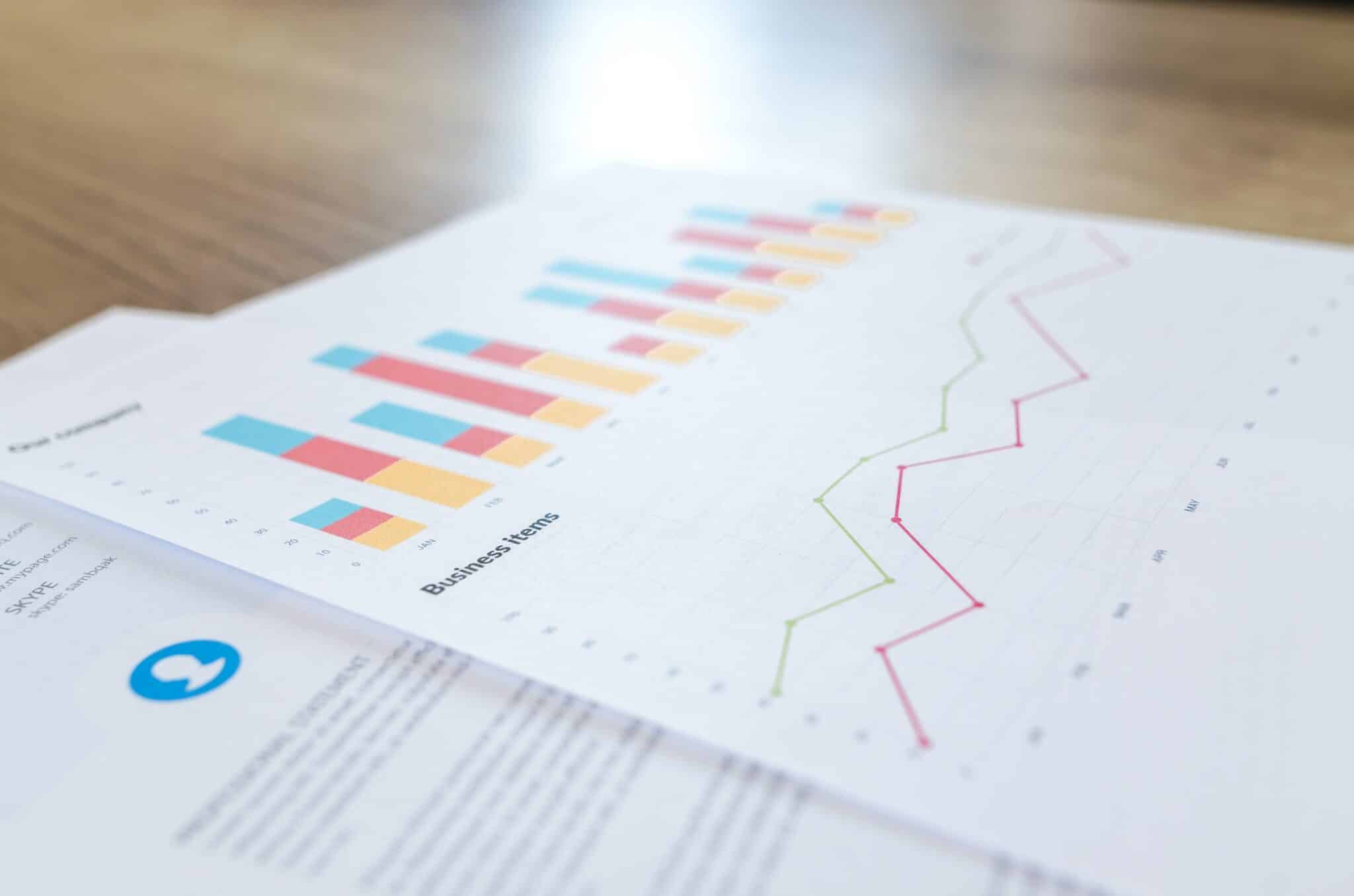company assets
Are you curious about the importance of sanitary compliance in operations and why it matters for equipment? Wondering which organization certifies equipment to meet these standards? In this article, we will explore the certification process, the standards set by the organization, and the benefits of using certified equipment for sanitary compliance. We will discuss the consequences […]
Read moreLearn how to prepare a trial balance for your accounting records. Understand the importance of a trial balance and the steps to create one accurately. “
Read moreLearn how to post to the general ledger with this comprehensive guide. Understand the basics of accounting and the importance of the general ledger in the accounting process. “
Read moreLearn how to properly account for self-constructed assets with this comprehensive guide. Understand the different methods of accounting for self-constructed assets and the best practices for each.
Read moreThe current ratio and quick ratio are two of the most important financial ratios used to measure a company’s liquidity. They are both used to assess a company’s ability to pay its short-term obligations. The current ratio measures a company’s current assets against its current liabilities, while the quick ratio measures a company’s liquid assets against its current liabilities. Knowing the difference between the current ratio and quick ratio can help investors make more informed decisions when evaluating a company’s financial health.
Read moreWriting off a fixed asset is a process used by businesses to remove the value of an asset from their balance sheet. This is done when the asset is no longer useful or has been sold, stolen, or destroyed. The write-off process involves reducing the value of the asset to zero and recording the loss in the company’s financial statements. This process is important for businesses to accurately reflect their financial position and to comply with accounting standards.
Read moreThe Balance Sheet and Income Statement are two of the most important financial documents used by businesses. They provide a snapshot of a company’s financial health and performance. While both documents provide valuable information, there are some key differences between them. The Balance Sheet and Income Statement are both important documents for understanding a company’s financial health, but they provide different types of information. Knowing the differences between them can help you make better decisions about your business.
Read moreCash flow and free cash flow are two important financial metrics used to measure the financial health of a business. Cash flow is the total amount of money coming in and out of a business, while free cash flow is the amount of cash available to the business after all expenses and investments have been paid. The difference between cash flow and free cash flow is that free cash flow is the amount of money that is available to the business to use for growth and expansion.
Read moreDepreciation is an accounting concept that is used to spread the cost of an asset over its useful life. It is a non-cash expense that is used to reduce the value of an asset on the balance sheet. It is important to understand whether depreciation is a fixed cost or variable cost. Understanding the difference between fixed and variable costs is important for businesses to accurately calculate their expenses and profits.
Read more






















